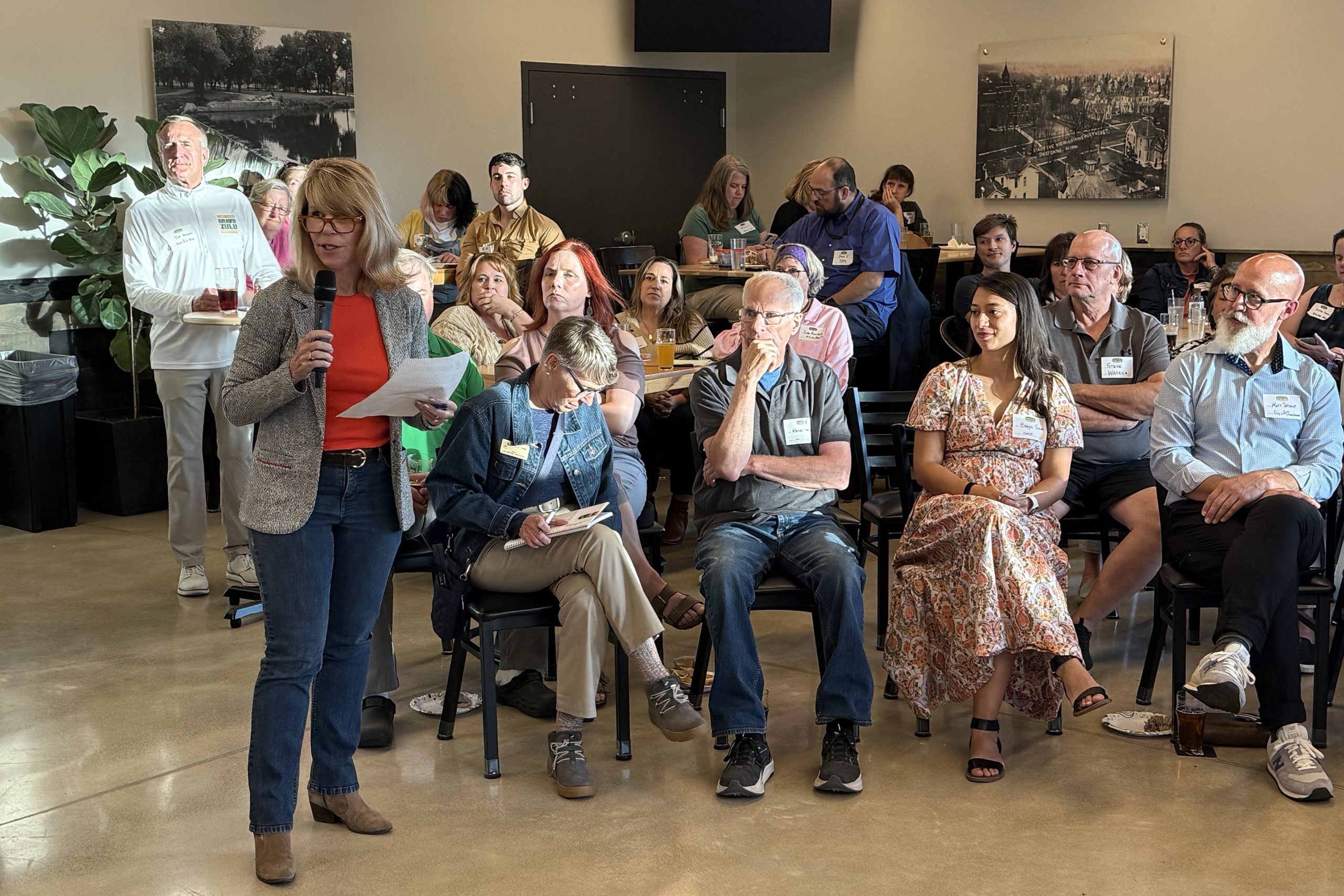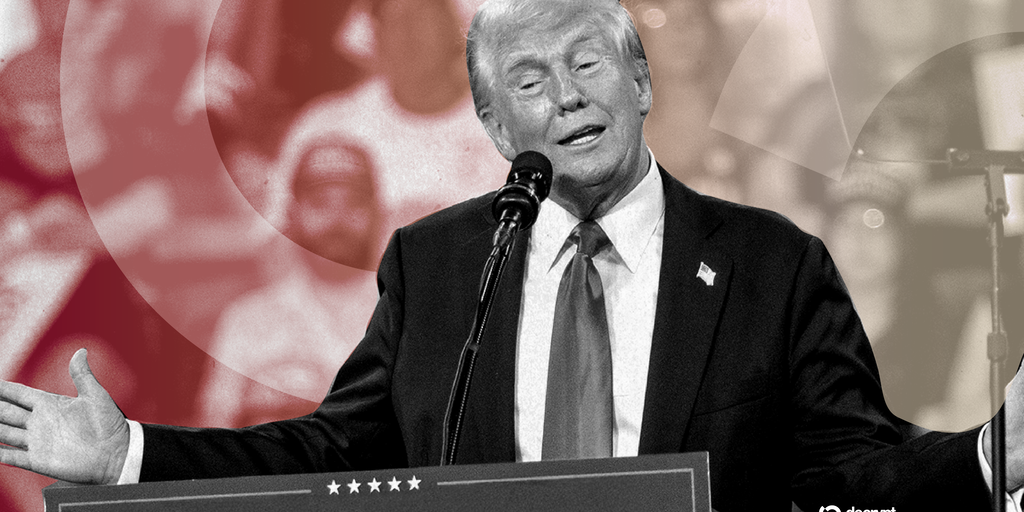By Brian Arola
Copyright minnpost

As Claire Carpenter put it Monday, the mental health care needs of Minnesotans go well beyond the capacity of providers.
The shortage is especially pronounced in rural Minnesota, said Carpenter, a Mankato therapist who specializes in adult trauma and women’s health. “Therapists in rural Minnesota are few and far between,” she said. “It’s hard to find therapists, period.”
Carpenter and other southern Minnesota mental health providers spoke in Owatonna as part of “Rural Voice,” a series of town halls on rural issues. Minnesota Public Radio host and “Rural Voice” co-founder Kerri Miller moderated the discussion, which covered provider shortages, patient wait times and the impending loss of Medicaid funds for rural clinics and hospitals.
The following is a breakdown of some questions raised by the town hall.
How is Minnesota’s mental health workforce distributed?
The ratio of mental health providers to residents in Minnesota, according to a Center for Rural Policy and Development report:
1 to 197 in metropolitan areas
1 to 258 in micropolitan areas
1 to 306 in small towns
1 to 741 in isolated rural areas
About 8% of Minnesotans, 437,000 people, reside in isolated rural areas, according to U.S. Department of Agriculture data. Research shows they experience higher rates of mental health symptoms compared to their more urban counterparts but have fewer providers available to them. Even if they do find a provider, longer travel times to access care are the norm.
Related: How school-based mental health treatment became the norm in Minnesota
Mental health professional shortages are widespread in Minnesota, according to data from the Rural Health Information Hub. All but 16 of Minnesota’s 87 counties are considered to be wholly short in providers. No shortage- or partial shortage-counties are concentrated around the Twin Cities or Rochester, in southeastern Minnesota.
Minnesota is not unique in having mental health professional shortages. An annual report on the national behavioral health workforce projected the gap will continue widening across the country by 2037.
As for why so few providers join or stay in the field, researchers cite burnout and low wages among the factors.
How will federal legislation impact mental health care access?
The One Big Beautiful Bill Act is projected to cut $1 trillion in Medicaid funding from states. Medicaid is the largest funding source for mental health services in Minnesota, and many rural counties have higher Medicaid participation rates than the state average.
Although a $50 billion pot of funds known as the Rural Health Transformation Program could paper over some holes in rural health funding, Minnesota is competing for dollars with other states. Funds received through this pot are also unlikely to be used exclusively for mental health care. Hospitals and clinics rely on Medicaid funds for services beyond mental health.
At Monday’s town hall, Zander Abbott, president and CEO of Northfield Hospital and Clinics, said federal funding makes up a significant portion of his system’s revenue. Providers will need to keep a close eye on care costs and find ways to be more efficient in response, he said.
The magnitude of hospital service impacts are still unknown, said Tim Penny, a former U.S. congressman, but reductions in funding are expected. Organizations outside of hospitals and clinics, including those represented at the event, will work to fill in gaps, he said.
Is more state funding for mental health care likely?
Participants in the town hall noted that the state or federal government can’t fix the problem alone. Nonprofits, businesses and other organizations will need to work together to increase access.
But more state funding would help, and pathways appear open to secure it in response to the shooting at Annunciation Catholic School in Minneapolis in August. During a MinnPost Festival interview Saturday, Minnesota House Speaker Lisa Demuth, R-Cold Spring, said legislators could get additional funding for mental health done “very quickly” in a special session, a contrast to her view on the low likelihood of gun control legislation passing.
Related: First things first: Minnesota care providers seek funding for their own mental health
Increasing mental health care access looks like an area of agreement between political parties right now, Penny said. People in Greater Minnesota are certainly interested in it, he added, as evidenced by strong turnouts in Owatonna and at a previous town hall on mental health in Wadena.
“It’s really what the general public [is] wanting and expecting from our political leaders,” he said. “If mental health is an area where you can find common ground, let’s just go there.”



